 As a preface to this article, I must say that I am a very straightforward real estate agent. If you are looking for someone to tell you that you can get a bargain on a piece of property that you likely cannot, I’m probably not your agent. I am also not going to tell someone they can obtain a certain price for their property in an effort to obtain a listing, or to appear optimistic. I provide values based on market statistics, and that’s usually the end of the story.
As a preface to this article, I must say that I am a very straightforward real estate agent. If you are looking for someone to tell you that you can get a bargain on a piece of property that you likely cannot, I’m probably not your agent. I am also not going to tell someone they can obtain a certain price for their property in an effort to obtain a listing, or to appear optimistic. I provide values based on market statistics, and that’s usually the end of the story.
However, I will say that there are instances where real estate agents, including myself, will conform to the thought process of their customers. I’m not saying that real estate agents make special efforts to act differently in different scenarios like some of our politicians do, but in some regards, this is how people are. We try to relate to our customers to form a friendship, and gain trust.
When it comes to your attitude, or thought process when establishing a relationship with a real estate agent, it’s important to keep this in mind. For instance, if you are the type of person that uses brute sales tactic in order to make a clear indication that you only purchase bargain properties, and you make that clear to your agent right off the bat, your agent might bend his or her regular thought process or way of doing business in order to conform to your thought process and strategy. In markets where properties are selling quickly and prices are on the rise, it might be in your best interest to let your agent take the lead in terms of how to act in certain scenarios, especially if you’re looking at property you actually want to purchase, not just looking for the best bang for the buck or an investment property.
Recently I was working with a customer looking at luxury properties, which don’t seem to absorb into the marketplace nearly as quickly – as say a 3-bedroom 2-bathroom starter home. While viewing these properties, the quintessential salesman type listing agent we met at the property told us the home was receiving multiple showings per week, and they didn’t anticipate it would last very long. My customer kept saying over and over how much that particular agent reminded him of that typical sales person, and he “could see right through it”. Me, trying to establish a relationship, (and while trying be as transparent as possible), agreed with him. At the end of our day, I asked him to keep in mind what the agent said regardless of how we both felt about the situation. 2 months later, every property this particular person was looking at was later withdrawn from the market or sold, and it was my fault for not properly explaining how urgent the situation was. On a side note, it’s important to understand that waiting for the price to reduce doesn’t mean that is what is going to happen. People do remove properties from the market as situations change, which has the same affect. In some cases, some increase the price.
As always, this type of scenario can work both ways in different markets. If you are in a hurry to sell, remember that your listing agent has a fiduciary duty to keep that information confidential. If you don’t properly explain your situation to your listing agent, and tell that agent that you are a firm negotiator who only accepts top dollar, your agent is likely going to conform to what he or she thinks your needs are. If you tell your agent you will only look at homes with hardwood floors, guess what…
At the end of the day, transparency is best. The point of my article is to allow your relationship with your agent to grow naturally. Be yourself, and unless you are an expert in that local market, listen to what your agent has to say. If you don’t agree with your agent, or you don’t particularly like them based on the way they naturally introduce themselves to you, move on. There are plenty of fish in the sea – as they say.
 Depending on where you are from, you’re probably used to seeing real estate agents that typically work with residential home buyers and lot sales. Then, you have the commercial real estate brokers who are described by many as a “whole ‘nother animal”. This is usually because commercial real estate agents don’t do much in terms of residential sales. In some cases such as Idaho Falls, the brokers network with one another as well as more regional (or brokers in other regions) commercial brokers, and the local client base. It was described to me as “a lot of going out to lunch” (networking) when I asked a local real estate professional about trying to find information in the local MLS, which oftentimes commercial agents don’t do. Anyway, they hold things close to their chest. Maybe that’s because they are protecting their client base and interest as a commercial broker, or maybe it’s simply because they don’t need to use the MLS because it’s not the way it works in that area.
Depending on where you are from, you’re probably used to seeing real estate agents that typically work with residential home buyers and lot sales. Then, you have the commercial real estate brokers who are described by many as a “whole ‘nother animal”. This is usually because commercial real estate agents don’t do much in terms of residential sales. In some cases such as Idaho Falls, the brokers network with one another as well as more regional (or brokers in other regions) commercial brokers, and the local client base. It was described to me as “a lot of going out to lunch” (networking) when I asked a local real estate professional about trying to find information in the local MLS, which oftentimes commercial agents don’t do. Anyway, they hold things close to their chest. Maybe that’s because they are protecting their client base and interest as a commercial broker, or maybe it’s simply because they don’t need to use the MLS because it’s not the way it works in that area. ***Tayson is not a Title expert! Always consult with your Title Company, or attorney when reviewing an actual policy, or Commitment for Title Insurance.
***Tayson is not a Title expert! Always consult with your Title Company, or attorney when reviewing an actual policy, or Commitment for Title Insurance.
